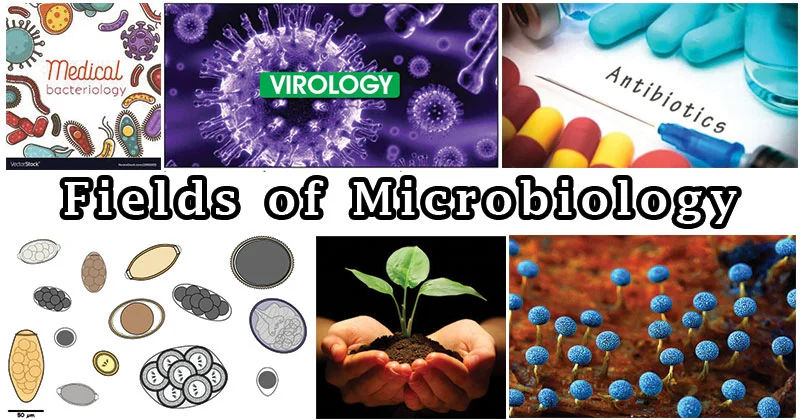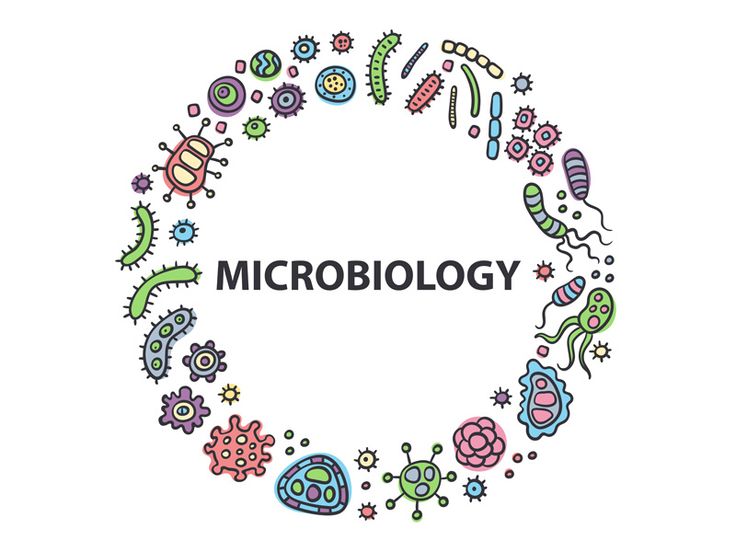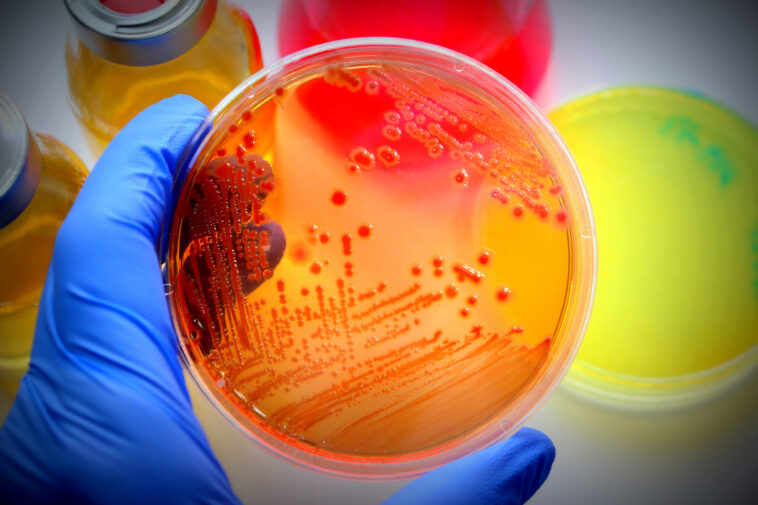Microbiology is the study of microorganisms, which are microscopic organisms that exist all around us. Microorganisms include bacteria, archaea, fungi, algae, and protozoa. They are essential for life on Earth, and they play a role in many different ecosystems.
Microbiology is a broad and diverse field, and microbiologists study a wide range of topics, including:
ALSO READ :> The Ultimate Guide to Network Marketing
- Microbial diversity: Microbiologists are interested in identifying and classifying new microorganisms, as well as understanding the relationships between different groups of microorganisms.
- Microbial physiology: Microbiologists study the basic biological processes that occur in microorganisms, such as metabolism, growth, and reproduction.
- Microbial genetics: Microbiologists study the genes and genomes of microorganisms, and how these genes are regulated.
- Microbial ecology: Microbiologists study how microorganisms interact with each other and their environment.
- Microbial pathogenesis: Microbiologists study how microorganisms cause disease, and how to develop new treatments and vaccines.

Microbiology is an important field because microorganisms have a significant impact on human health and the environment. For example, microorganisms can cause a wide range of diseases, from the common cold to pneumonia to malaria. Microorganisms are also used to produce food, beverages, and medicines.
Here are some examples of how microbiology is used in the real world:
- Medicine: Microbiologists develop and test new antibiotics and vaccines to treat and prevent infectious diseases. They also study the mechanisms of microbial infection and pathogenesis, which can lead to new insights into how to treat and diagnose diseases.
- Food and beverage production: Microorganisms are used to produce a variety of foods and beverages, including yogurt, cheese, bread, beer, and wine. Microbiologists help to ensure that these foods and beverages are safe to eat and drink by developing and implementing quality control measures.
- Environmental protection: Microorganisms play a vital role in the environment, such as breaking down organic matter and recycling nutrients. Microbiologists are working to develop new ways to use microorganisms to clean up pollution and protect the environment.

Microbiology is a rapidly growing field, and there are many exciting new discoveries being made. Microbiologists are at the forefront of research on topics such as antibiotic resistance, emerging infectious diseases, and the use of microorganisms to produce renewable energy and biofuels.
If you are interested in learning more about microbiology, there are many resources available online and in libraries. You can also find microbiology courses at many colleges and universities.





